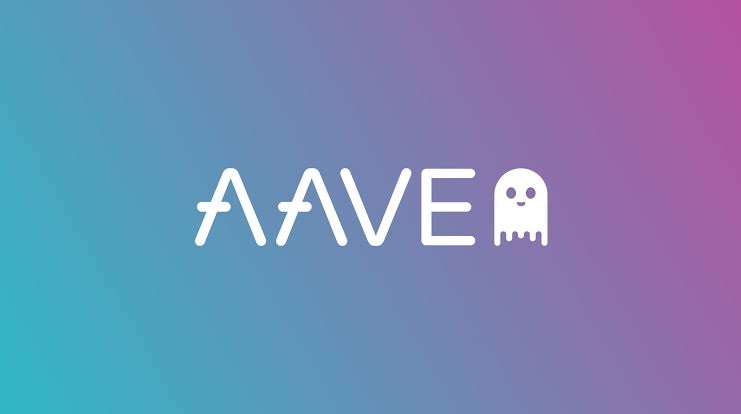Governance will be able to monitor and modify fee-related rules in accordance with the goals and requirements of the platform thanks to the fee switch.
At the decentralised lending platform Aave, there may be a proposal under consideration to activate a “fee switch” in order to disburse fees to holders. Marc Zeller, the founder of the Aave Chan Initiative, posted this on the social media site X.
After observing that Aave decentralised autonomous organization’s present net profits equal around $60 million annually, reflecting five years’ worth of operational costs, Zeller stated, “Temp check to activate ‘fee switch’ next week.”
Aave is a multi-network blockchain-based cryptocurrency lending platform. It enables borrowers to borrow money in one cryptocurrency and put down collateral in another. Aave token holders, who together make up AaveDAO, are in charge of it.
Zeller made a hint about charging Aave stakers in an earlier post on the social media platform X. “A new iteration of the safety module will suggest distributing fees to stakers,” he wrote on March 16. Generally speaking, a “fee switch” is a feature or mechanism that lets users activate or deactivate particular fees or charges within a platform or system.
A fee switch may make it possible for tokenholders or other protocol participants to receive fees gathered from transactions or other activity in decentralised finance (DeFi) protocols like Aave.
Governance will be able to oversee and modify fee-related rules in accordance with the requirements and goals of the platform thanks to the fee switch. Recently, Aave DAO approved changes to the staking fees for their stablecoin GHO in order to keep the token pegged. Aave DAO will follow in the footsteps of Frax Finance, which recently approved a plan to bring back its fee switch, if it moves forward with fee activation.
On the other hand, the AaveDAO talked about Dai (DAI) collateral limitations on April 5. Chaos Labs risk management advisors put out a new plan that called for a 12% drop in Dai loan-to-value ratios (LTV) as opposed to Marc Zeller’s suggested 75% drop.
A fresh proposal from Ave was presented earlier, proposing to set DAI’s loan-to-value ratio (LTV) to 0% for all Ave deployments. The plan also suggests eliminating sDAI rewards from the Merit programme beginning with Merit Round 2. By boosting the DAI credit limit to roughly 600M DAI in a month, the action counters MakerDAO’s quick D3M strategy.
In the meanwhile, decentralised exchange Uniswap is putting the finishing touches on its own fee switch proposal, which should be unveiled in the middle of April after a successful temperature test.


